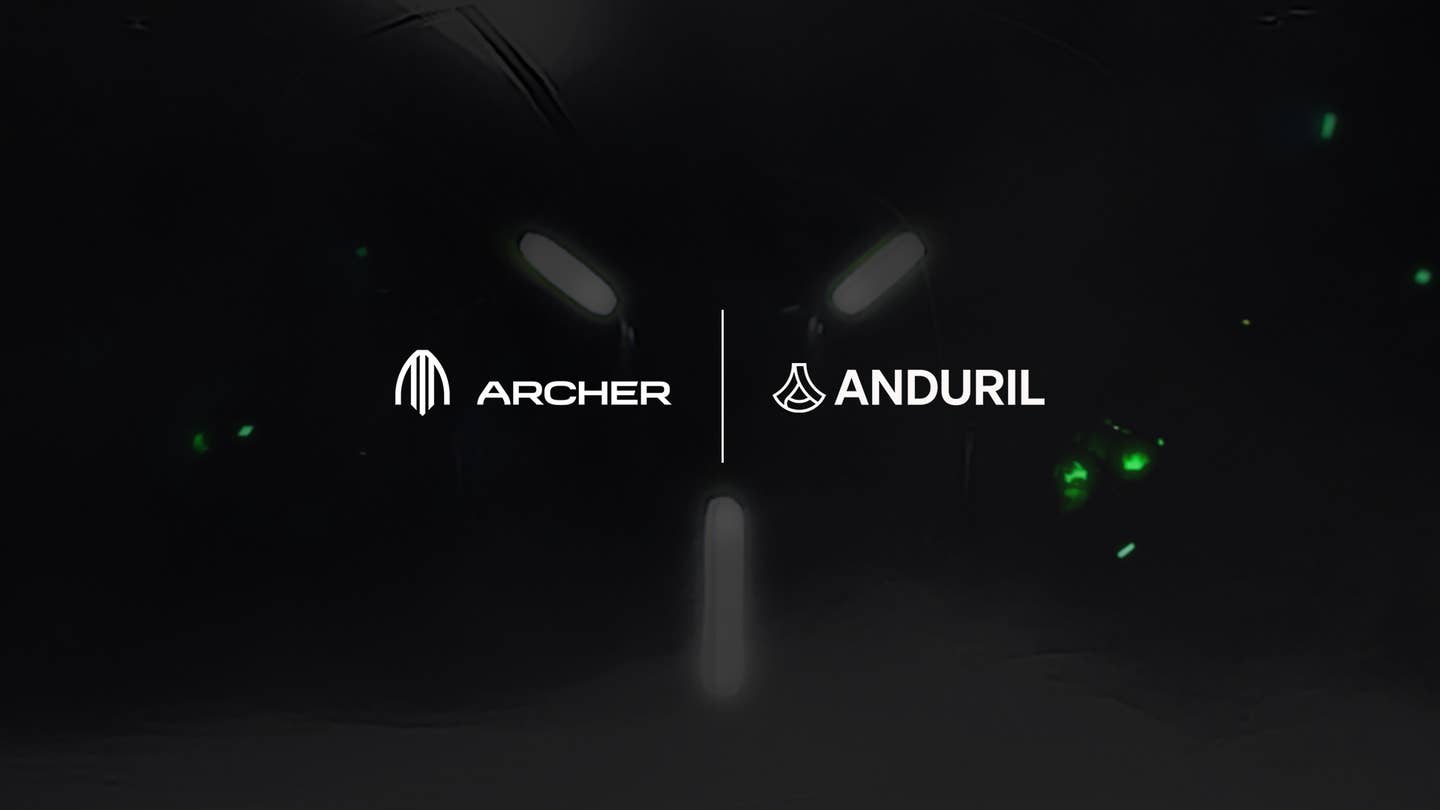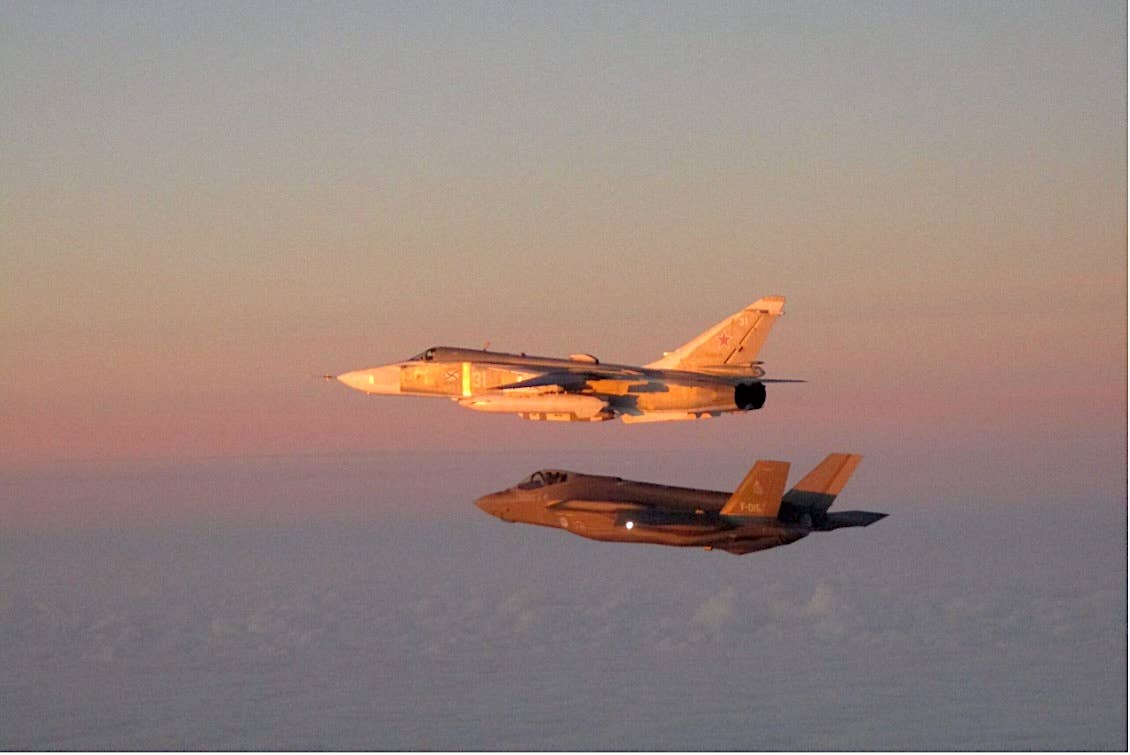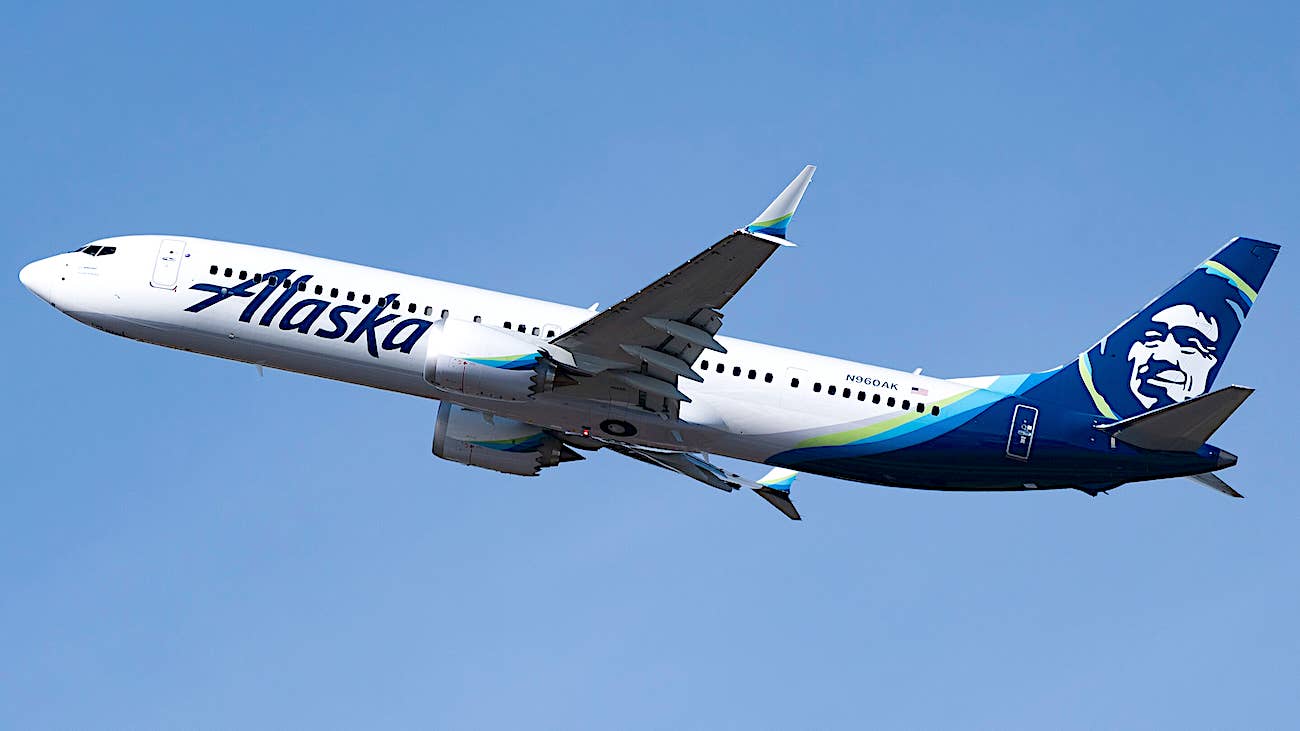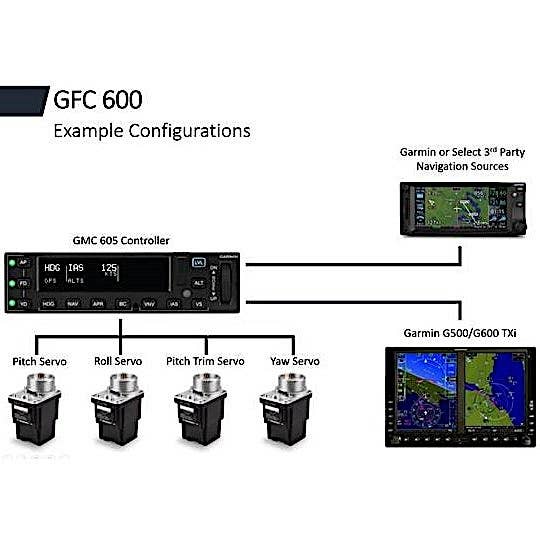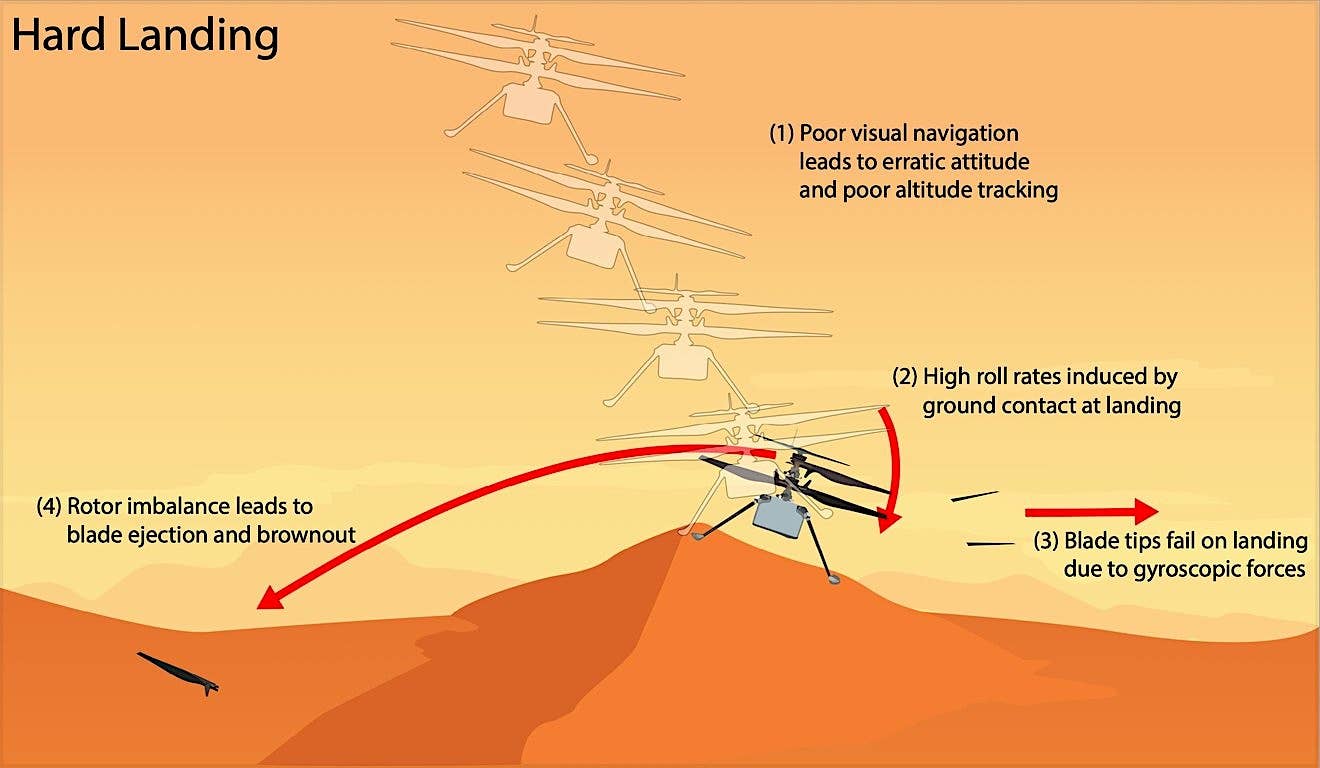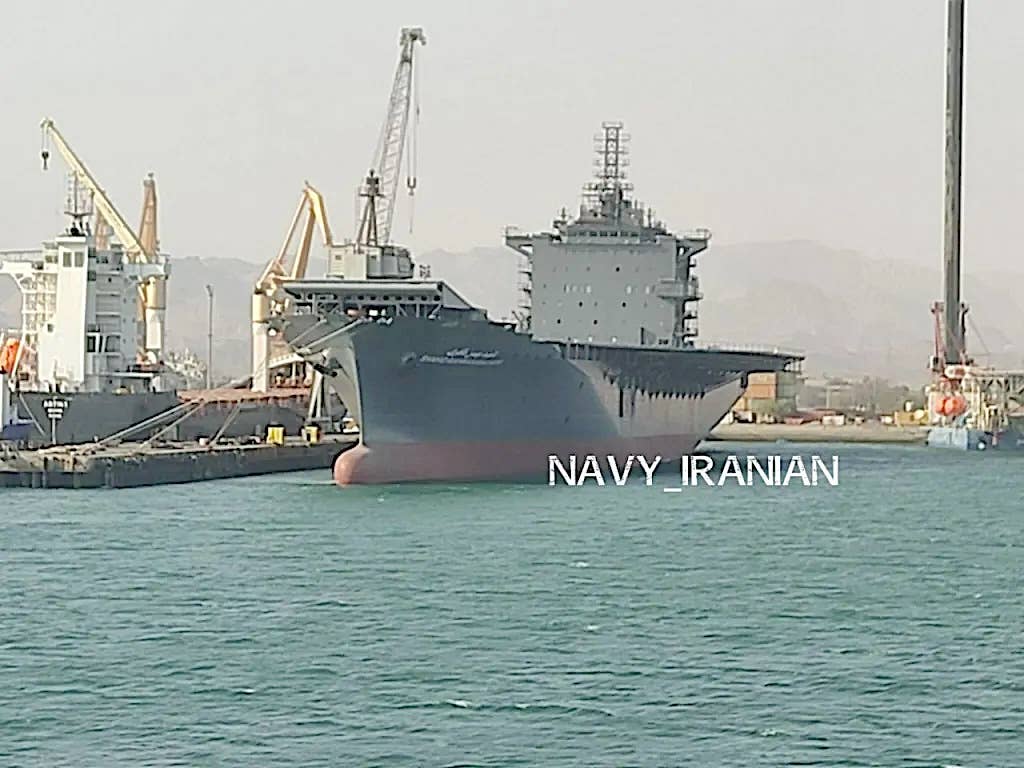Sierra And Embraer Roll Out First U.S.-Made Tucano
Brazilian aircraft giant Embraer and its U.S. partner, Sierra Nevada Corp., rolled out the first the A-29 Super Tucano for the U.S. Air Force in Jacksonville, Florida, on Thursday. The aircraft is the first of 20 purchased by the Air Force for deployment in Afghanistan where they will serve as trainers and combat aircraft in what the service refers to as the light air support role.
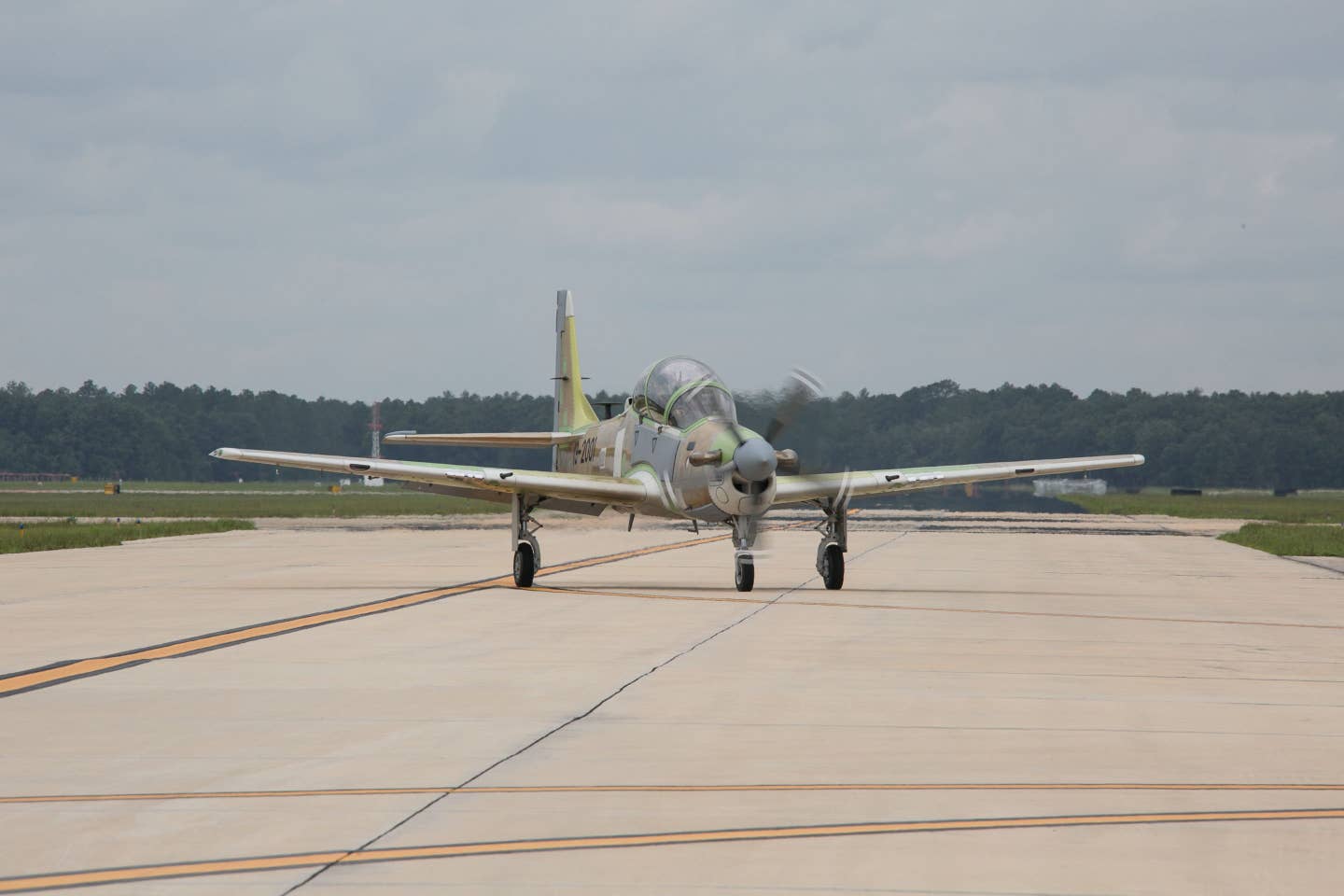
Brazilian aircraft giant Embraer and its U.S. partner, Sierra Nevada Corp., rolled out the first the A-29 Super Tucano for the U.S. Air Force in Jacksonville, Florida, on Thursday. (See the video here.) The aircraft is the first of 20 purchased by the Air Force for deployment in Afghanistan where they will serve as trainers and combat aircraft in what the service refers to as the light air support role. On Thursday, Embraer said aircraft are being completed on time and on budget and all the deliveries are expected to be done by mid-2015, after which both Sierra Nevada and Embraer hope for more orders from U.S. or other sources.
Embraer ships the Tucano's components from Brazil to Jacksonville by sea in completed sub-assemblies. In a 29,000-square-foot facility on the Jacksonville Airport, Sierra Nevada assembles them and installs sensors and weapons systems. The total value of the contract is about $427 million including ground support and spares. Sierra Nevada is considered the prime contractor. During a brief, no-cameras tour of the factory, an Embraer spokesman said although the aircraft is primarily manufactured in Brazil, some 70 percent of the total component count is U.S.-sourced.
As currently configured by Sierra Nevada, the A-29 carries two pilots and has five hard points for a combination of bombs, rockets and other munitions. It's also armed with a single .50-caliber machine gun in each wing. It's unclear if the aircraft destined for Afghanistan will be equipped with precision-guided munitions capability, although the aircraft is capable of deploying such weapons. Sierra Nevada is in discussions with Boeing about adding this specific capability. Power is provided by a 1300-hp Pratt & Whitney PT-6A-68A. The Tucano's maximum takeoff weight is 11,905 pounds.
Sierra Nevada's path to the first rollout has been marred by controversy and legal maneuvering. The Air Force first awarded Embraer the contract in 2012, but the award was challenged by the then Hawker Beechcraft, which had submitted its own AT-6 as a candidate. The challenge forced the Air Force to cancel the award to Embraer/SNC and rebid the contract, which the Embraer/SNC partnership won for a second time. A GAO review of the contract specs revealed that to meet the Air Force's stated requirements, the AT-6's weight would have to increase by nearly 40 percent, which made it a high risk to succeed while the Tucano already closely matched the mission requirements, according to the GAO.
Embraer, which claims the Tucano is "combat tested," has found buyers for the aircraft in other countries, including Senegal, Angola, Brazil, Chile and Indonesia. To date, more than 170 have been manufactured and delivered.

